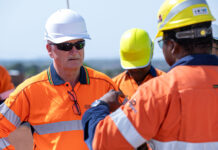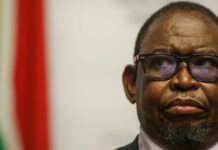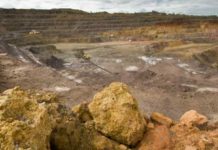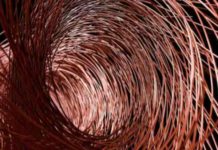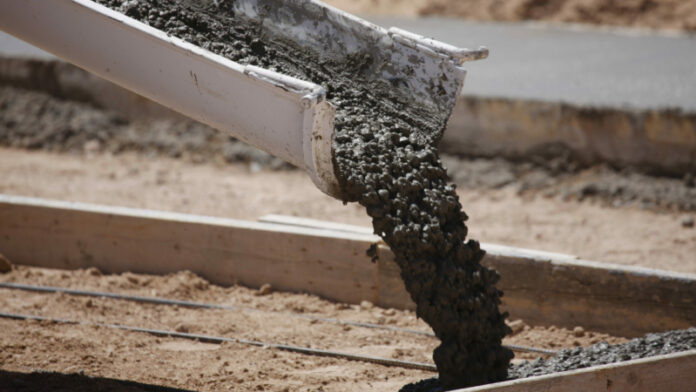
AFRIMAT returned to its industrial roots announcing today an agreement to buy cement maker Lafarge South Africa for $6m.
Lafarge, which is currently owned by Holcim Group, supplies the construction industry with aggregates, concrete, cement and fly-ash.
Before diversifying into bulk minerals such as manganese, iron ore and phosphate production, Afrimat was principally a supplier of aggregates. Afrimat’s said in its announcement today that the transaction was in response to customer demand but it would also “drive efficiencies within the construction materials segement”.
In addition to the sales price, Afrimat has also agreed to repay a loan held by Lafarge of R900m in two instalments: R500m in cash on the closing date of the transaction with the R400m balance – which will be interest free – no more than 12 months later.
Shares in Afrimat gained 10% on the Johannesburg Stock Exchange by midday taking the share’s gains 15% higher on a year-to-date basis.
Afrimat’s construction materials segment was under pressure in the firm’s 12 months ended February following a slowdown in economic activity. Operating profit fell 17.7% to R129.6m. Overall the company reported a 13.3% decline in operating profit to R1.1bn. Share earnings for the 12 months declined 15,7% to 457,6 cents, but it was nonetheless Afrimat’s second highest earnings since inception.
Commenting at the Junior Indaba conference earlier this month, Afrimat CEO Andries van Heerden alluded to today’s announcement, saying the transaction would strengthen the business “with a little bit of diversification added to it”.
Afrimat has been an aggressive dealmaker in the last five years, especially in adding bulk minerals production to its overall offering. The acquisition of the Nkomati anthracite mine in 2020 saw Afrimat capitalise on an improvement in the fuel’s price. The mine contributed 82% to group operating profit in the 2022 financial year.
However, Afrimat pulled out of the acquisition of the Gravenhage manganese deposit situated in the Northern Cape.
“We signed a purchase agreement and the last outstanding condition was the award of a water use licence. But it was so limited it was impossible to mine,” Van Heerden said at the Junior Indaba. “The amount of water we can withdraw allows us to mine under water.
“We had to walk from the transaction. That’s the history of Gravenhage. It is a water use licence that killed a very nice project.”
In April, Afrimat declared final dividend of 110 cents per share, amounting to a total payout of R175.7m, R38m less than last year.


